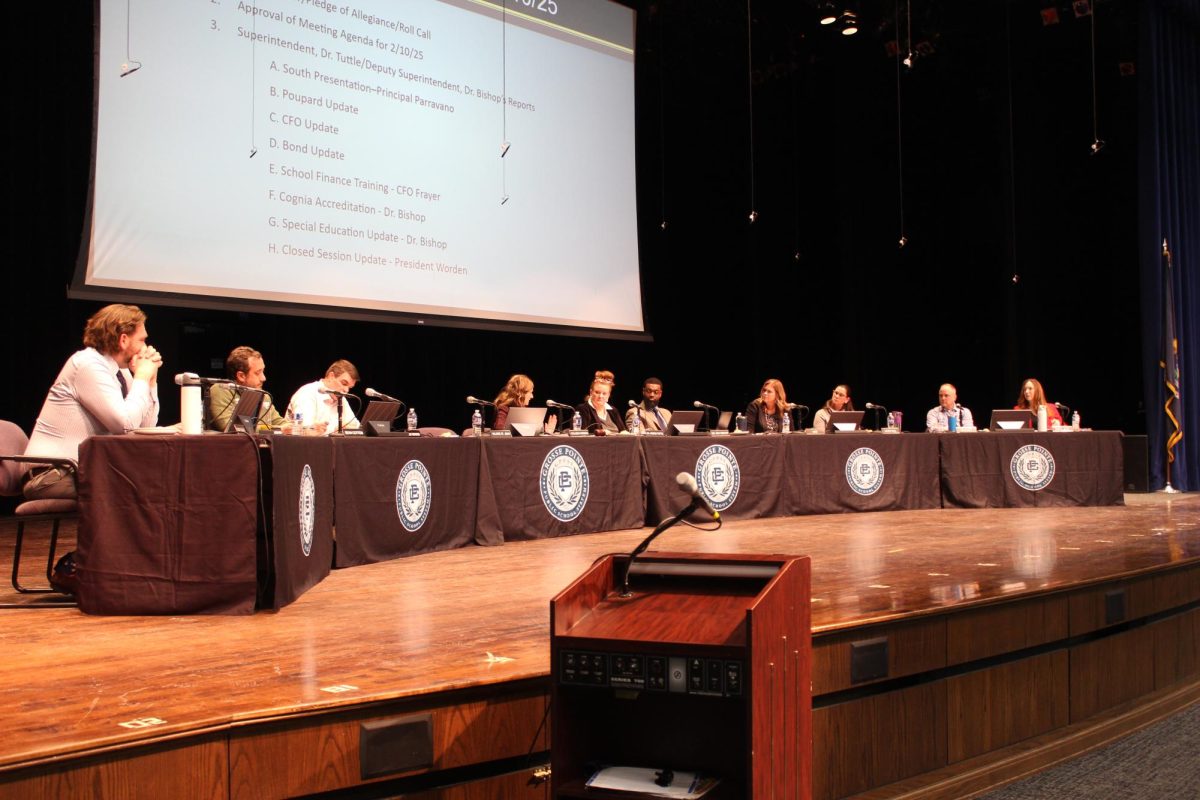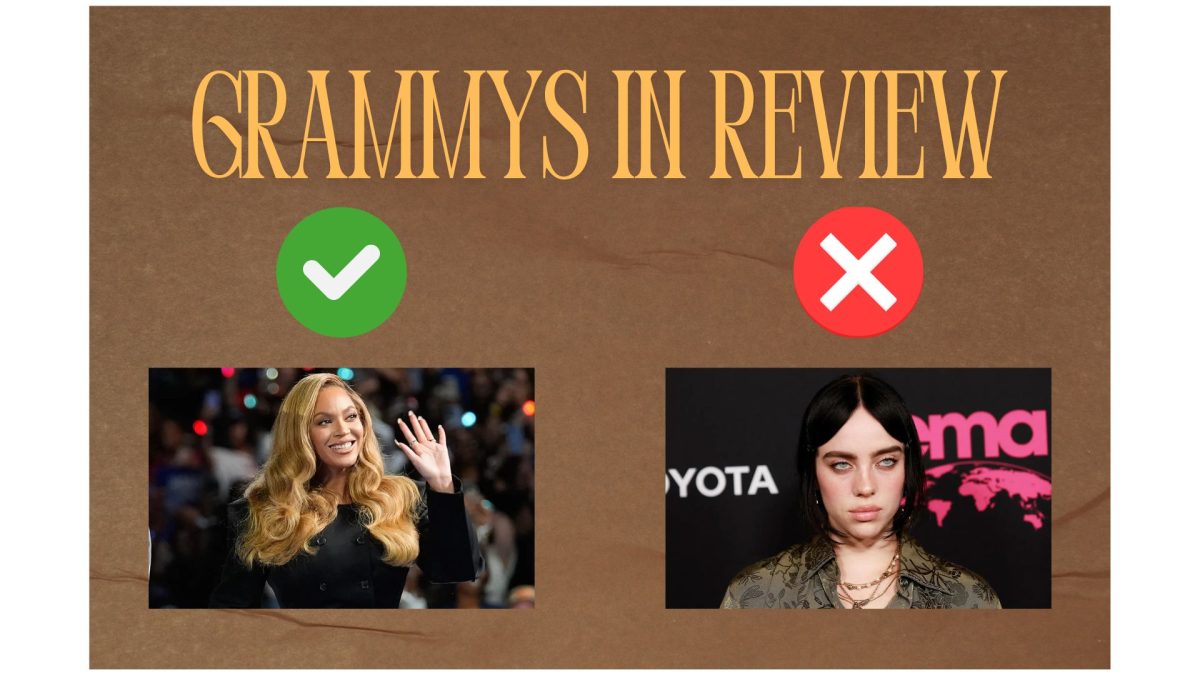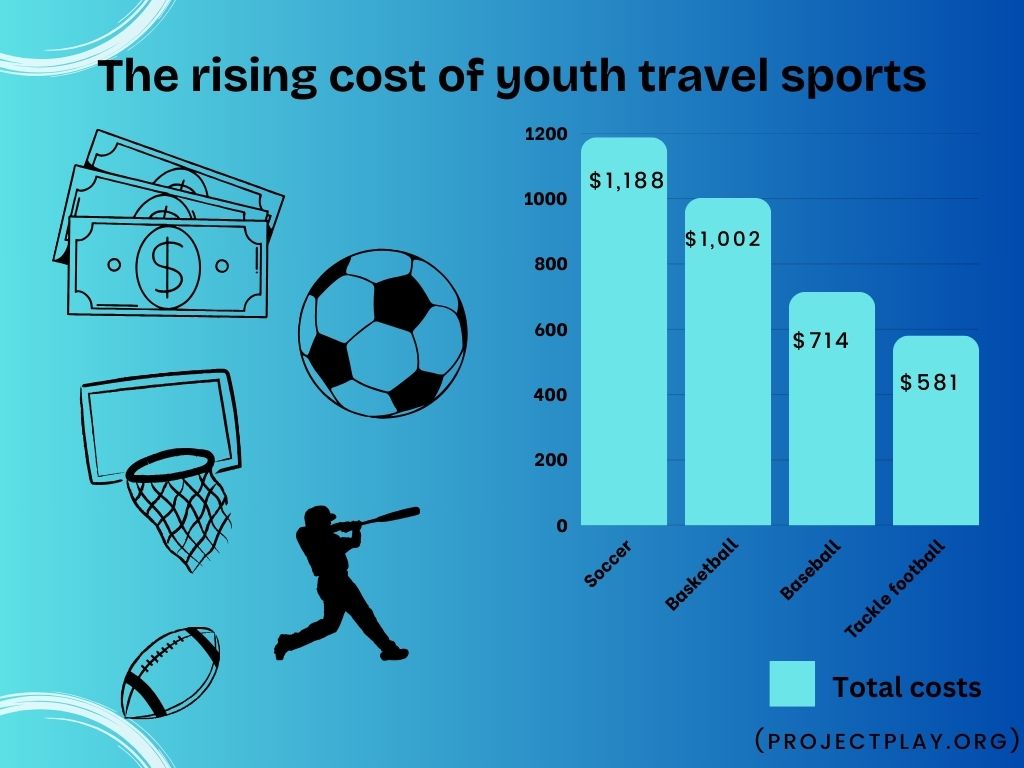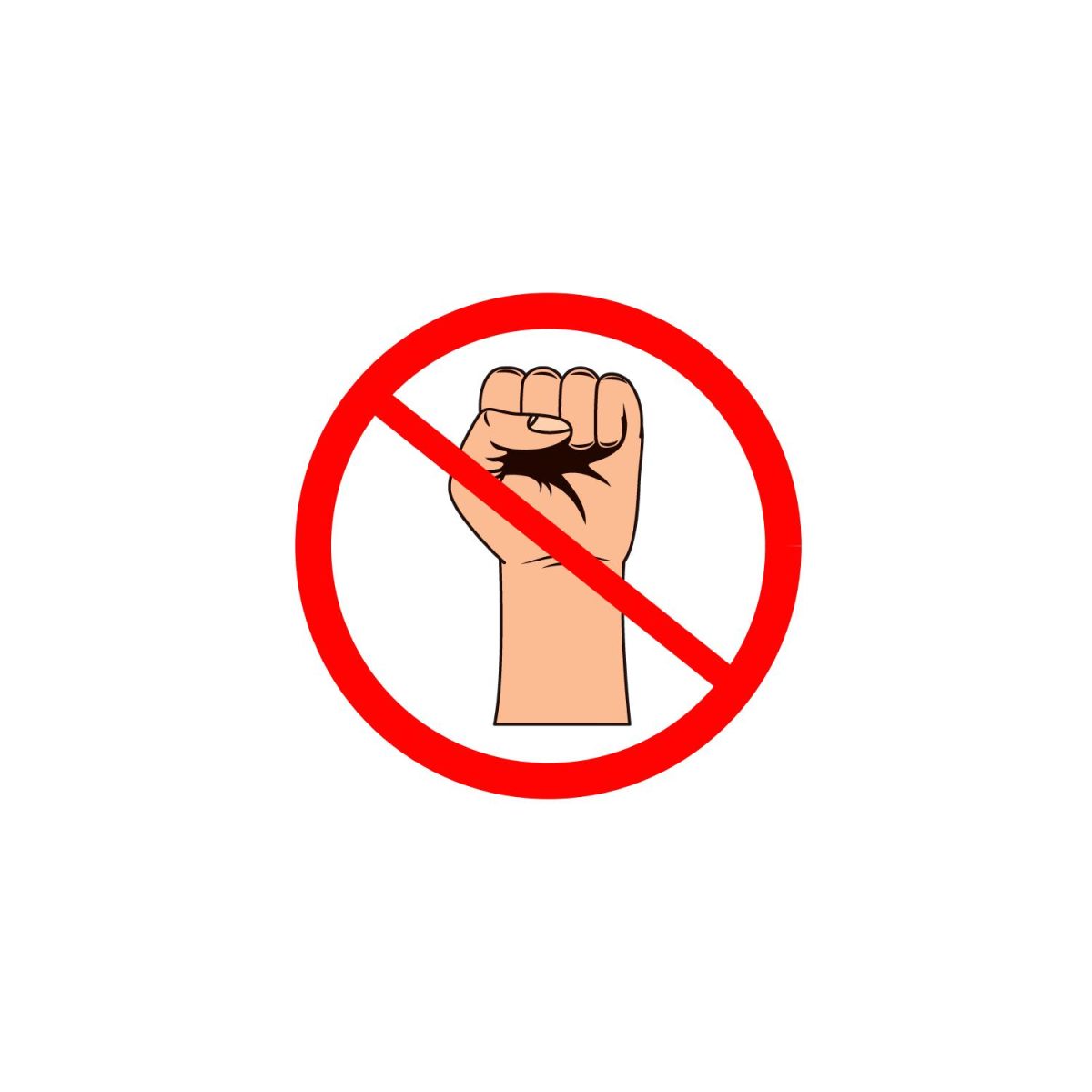Amazon, Nestlé, Coca-Cola. What do these companies have in common? They all have had boycotts held against them, yet they make billions yearly. As society attempts to become more environmentally and morally friendly, it calls out the ethical problems that many mainstream companies have. Doing so asks citizens to stop supporting such businesses as they abuse power for profit.
However, with the consumerist society we live in, and our reliance on goods and wants, many would rather have products that make them feel happy at the misfortune of those taken advantage of to make those products. Boycotts can have success in slowing down a company’s revenue and hurting its reputation; however, the capacity in which they can cause long-term economic damage is limited.
The basis of a boycott is typically to provoke social change. For example, Starbucks and McDonald’s were boycotted in a movement fueled by social media conveying that they supported Israel in the Israel-Hamas war. Over the holidays, Starbucks lost $12 billion in market value, Times Square Investment Journal reported.
According to Reuters, the BDS (Boycott, Divestment and Sanctions) Movement added McDonald’s to its Boycott list and lost over $1 million in Malaysian stores. So, on the surface, these boycotts were successful as these companies took a hit in the stock market. However, the issue with these protests is that they were unsustainable. In a short amount of time, these businesses have already recovered with Starbucks’ stock today up from what it was on Nov. 1 and McDonald’s has been greatly rising since October, up $46.07 (18.71%) since Oct. 12. Despite the economic pressure boycotts put on companies, consumers find it hard to replace convenient products completely.
LendingTree finds that one in four Americans are currently boycotting a company that they have spent money on in the past. Their research also shows that the main reason for these protests is political disagreements, with 39 percent of boycotts happening for that reason. Democrats and Gen-Z make up most boycotters, 32 percent and 31 percent respectively. People are obviously invested in the idea of boycotting but rarely are they in for the long run.
The issue is most boycotts gain attention over social media. Despite this being a great way to create a larger group of support, what’s interesting on the internet today is yesterday’s news tomorrow. Initial support is important, but keeping the attention and interest of consumers is difficult.
We may be looking at boycotts the wrong way. If you are looking to economically damage a company, you are not likely to have much success as billion-dollar corporations will remain billion-dollar corporations. However, if your intention is to spread awareness, at the expense of a company’s reputation, that is very possible. Where the use of social media is most important in these movements is spreading the word of the wrong-doing of a business. Though their revenue may not take a sizable hit, their image certainly will. As a result, the policy you are protesting is probable to change in both that company and others using similar practices. It’s hard to challenge the economy, but words spread like wildfire.











































































